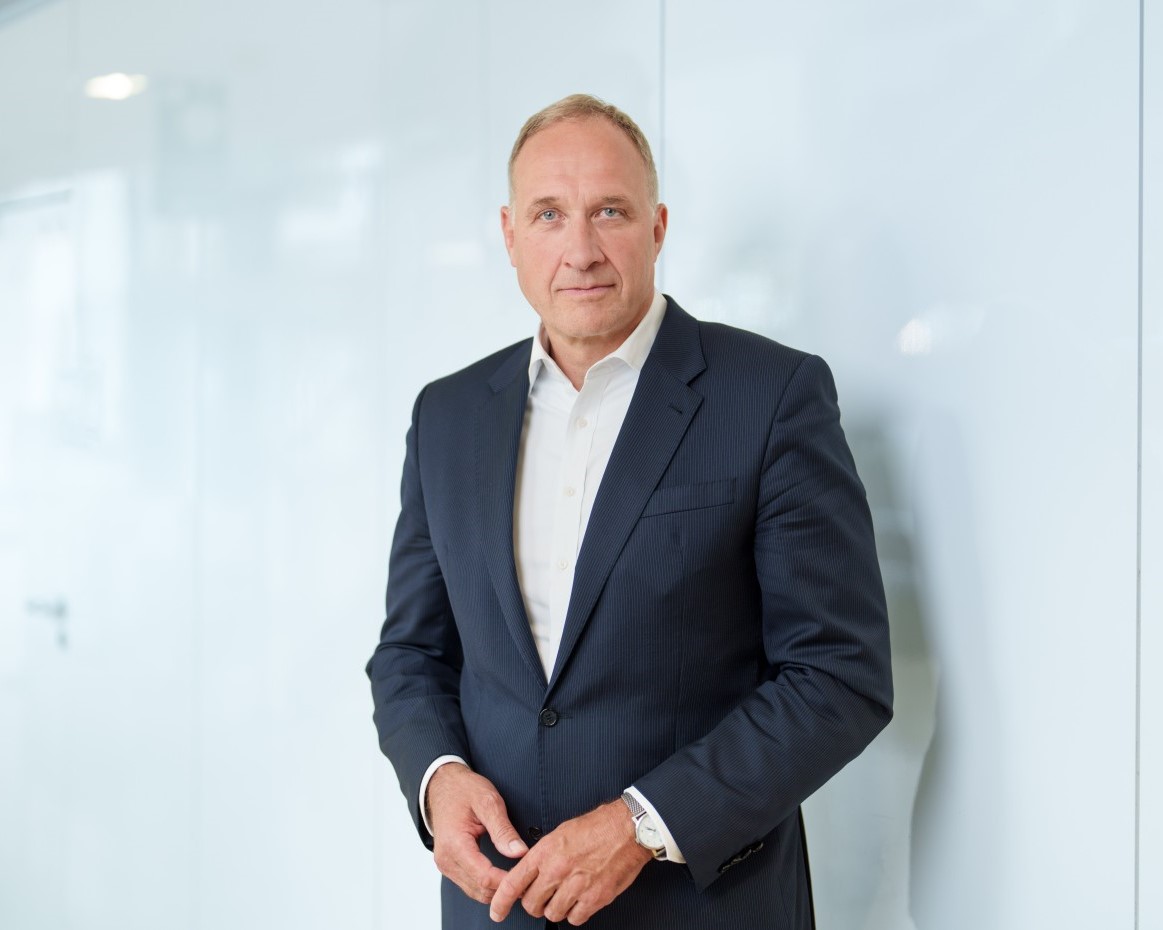Mahle CEO Arnd Franz has expressed concerns over Europe’s regulatory shift away from internal combustion engines (ICE), describing it as a potential “mistake.” Speaking at the Automotive News Europe Congress on June 12, Franz criticised the impact of this shift on automotive development and engineering education. He argued that the focus on alternative technologies has significantly reduced the pipeline for ICE advancements.
Regulatory impact on industry development
Franz highlighted that the upcoming European regulations, which aim to ban the sale of new cars with ICE powertrains by 2035, have led to a reallocation of resources and focus within the industry. “The regulation discussion has emptied the pipeline in development and engineering education because people are refocusing on other technologies,” he stated. This redirection, according to Franz, might be premature and could overlook the continued relevance of ICE technology.
Mahle’s commitment to ICE and electrification
Despite the regulatory push towards electrification, Mahle remains committed to supporting existing demand for ICE components. Franz emphasised, “We have a lot of customers who plan on having combustion-engine parts for a long time.” This commitment underscores Mahle’s strategic approach to balance traditional and emerging technologies.
Simultaneously, Franz acknowledged the importance of battery-electric vehicles (BEVs) in the global automotive landscape. He described BEVs as a “great opportunity” and predicted that electrification would dominate in regions like North America and Asia by the mid-21st century. However, he also stressed that BEVs should not be seen as the sole solution to decarbonisation. “BEVs will not be the only answer to decarbonisation,” he asserted.
The urgency of CO2 reduction and sustainable fuels
Franz voiced concerns about the pace of global CO2 emission reductions, advocating for faster and more sustainable efforts. “Global CO2 emissions have to be reduced faster. We need sustainable fuels early on,” he urged. He warned that failing to dramatically reduce CO2 emissions in the coming years could lead to severe climate consequences, potentially resulting in a 3 degrees Celsius increase in global temperatures—a scenario he described as disastrous.
The role of plug-in hybrids
Looking forward, Franz suggested that plug-in hybrids could play a crucial role in reducing CO2 emissions. However, he indicated that future plug-in hybrid models would differ from their predecessors, potentially offering more efficient and sustainable solutions.
Mahle’s strategic vision for 2030
Under its 2030 strategic plan, Mahle has restructured into three main units: electrification, thermal management, and sustainable combustion engines. This reorganisation reflects the company’s commitment to diversifying its product portfolio and adapting to the evolving automotive landscape. Notably, over 60 percent of Mahle’s 2023 sales were from products not directly associated with ICEs, highlighting the company’s proactive shift towards new technologies.
Balancing innovation and tradition
Franz’s comments underscore the need for a balanced approach to automotive innovation. While recognising the potential of electrification, he advocates for continued investment in ICE technologies and sustainable fuels to ensure a comprehensive strategy for reducing CO2 emissions. His insights call for a nuanced understanding of the transition to cleaner technologies, emphasising that multiple solutions are necessary to achieve global climate goals.
As the automotive industry navigates regulatory changes and technological advancements, Mahle’s approach illustrates the importance of balancing tradition with innovation. By supporting both ICE and electrification, Mahle aims to address immediate CO2 reduction needs while preparing for a sustainable future. This balanced perspective may offer a more pragmatic path towards decarbonisation, reflecting the complex realities of the global automotive market.



